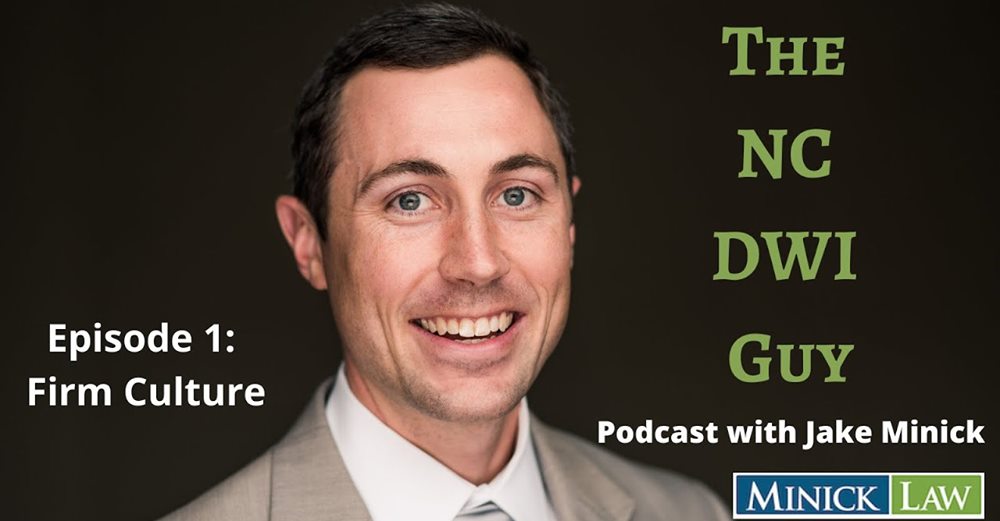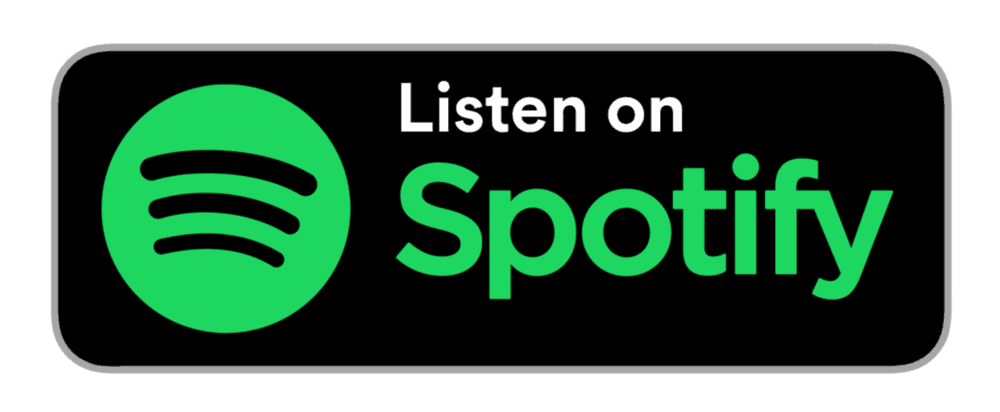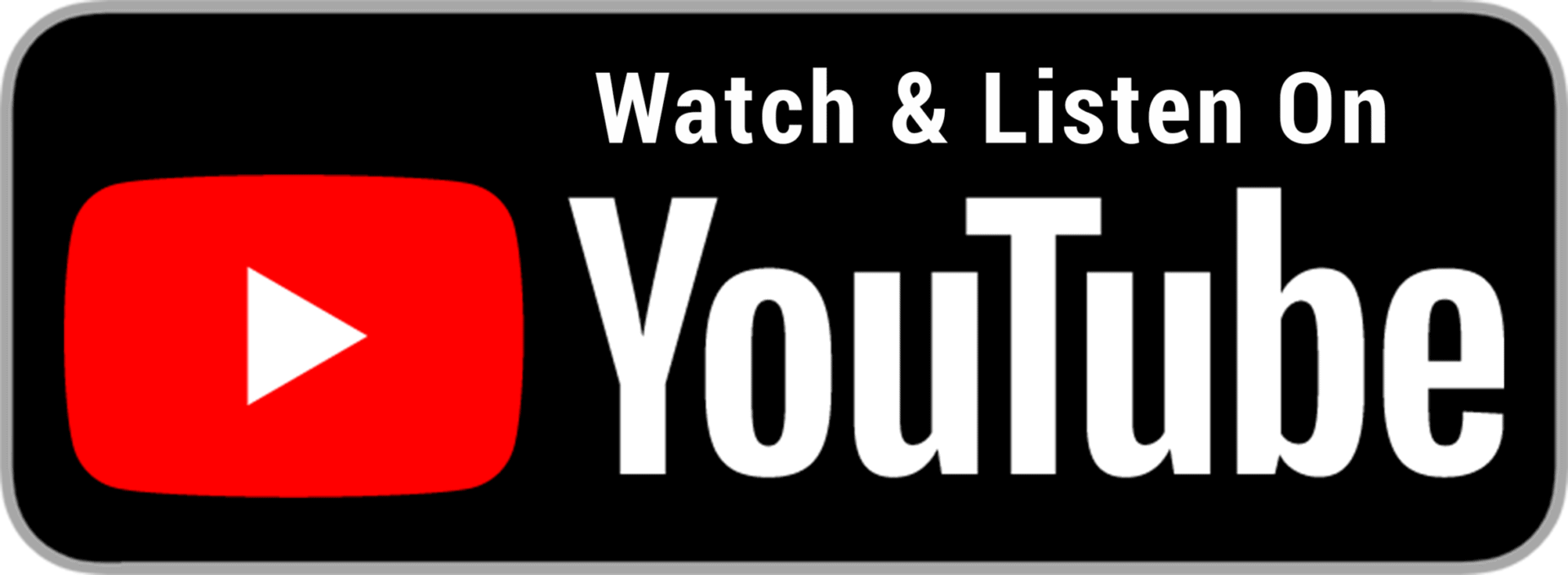Does your firm have a “why”?
In Episode 1 we discuss the importance of the purpose of your law firm, the “why” of your firm. A look at how improving the culture of your firm can change the life of your clients and the public perception of criminal defense lawyers.
Highlights:
Transcript:
Episode 1 Transcript
As Simon Sinek says, “People don’t buy what you do. They buy why you do it.” Winning the culture war, winning the moral high ground begins with you at the most basic level. You don’t when the public opinion first, you don’t win the opinion of your community first. You first have to get your culture, your internal why down solid in order to win the culture war externally.”
How many times have you been asked at a party or at a meet and greet, “What do you do?” The person asking the question is normally asking you, “What’s your job?” For those of us in the legal field, the normal response to this is frequently, “I’m a lawyer. I’m an attorney.” Despite being a little put off by your answer, that person may follow up and say, “Well, what type of law do you practice?” Now your response of, “I’m a criminal defense lawyer,” is going to likely cause such disgust in the person asking the question, that they’re not going to follow up with any more questions. That’s going to be enough.
A study conducted in 2014 by Princeton University, scored the warmth and competency of a plethora of different jobs and professions. While the profession of attorney scored very high in the competency department, we scored at near the bottom in our perceived warmth, barely beating out prostitutes on that side of the diagram. So guess what? The bad news gets worse because you’re not just a lawyer, you’re a lawyer that defends criminals. You, my friends, are the true bottom of the barrel. But maybe it’s a good thing that this chit chat with this other individual who’s curious about what you do, ended with only an examination of what you do before it led to the million dollar question of why. Why do you do what you do?
For anyone who has not spent a lot of time thinking about the why of their criminal practice, this question is uncomfortable at best and terrifying at worst. I expect that the following are not likely to be your answer to the question of why you began a criminal defense practice. Why are you a criminal defense attorney? Well, stressful situations are where I thrive. Why are you a criminal defense lawyer? I sold my soul to become rich and Satan said that there was a plethora of openings for criminal defense attorneys. Why are you a lawyer? I noticed that I have a lot in common with thieves and druggies. Why are you a criminal defense attorney? Well, I got a BA in Philosophy in undergrad and sitting on a rock gets uncomfortable after a while, right? These are not going to be our answers. The truthful answer, however, might even be more terrifying and that is, I don’t know. I don’t know why I do what I do.
One of my undergraduate teachers, Professor Brown used to say that, “Philosophy begins with asking the why question. The fundamental question in philosophy is the why question.” If you’ve not considered why you do what you do for a lengthy period of time, you may sense a real emptiness that dissuades you from any similar philosophical reflections in the future. If you don’t know why you do what you do or why your law firm exists, your business lacks the necessary purpose to thrive and exist. The vast majority of law students heading into law school are well intentioned. And by well intentioned, I simply mean that graduating college seniors have typically grappled with and answered the why question of becoming a lawyer. They want to become lawyers in order to help people to serve the underserved, to fight for people’s rights, to make a difference in the world.
They see the law as the vehicle that will allow them to achieve a greater purpose in their lives. But, then they get to law school and law school has a certain way of suffocating these good intentions out of us. Living in fear of the Socratic method during the first year, fighting for class rank, trying to juggle studies with work while taking on extracurricular activities, being swallowed by law school loans, and finally the glorious entry into the practice of law, that is the bar exam. Once actually practicing law, there is an immediate pressure to take whatever work becomes available, especially if you’re hanging your own shingle. As you realize that attorneys are not necessarily in high demand and that your law loans, that is your second mortgage, is not going to pay itself, the philanthropic reasons that made you want to go to law school begin to take a back seat or get kicked out of the car altogether, and the need for immediate income, takes the wheel.
Under these mounting financial pressures, the answer to why do you do what you do, might morph from high deals to simple survival instinct, because I have to, because I have to, it’s the last gasp. To win the culture war, to change the public perception of criminal defense attorneys, we need to have our firm cultures in line with the idealistic why of our profession. Criminal defense lawyers are necessary. In fact, we are the backbone of the right to trial by jury. We are the defenders of the constitution. We help people from all walks of life and racial and ethnic backgrounds through tragedy and adversity.
Defining and living the why of our law practice is the beginning to changing the public perception of criminal defense lawyers, and winning more clients. It can change the public perception and improve our practice simply by living our why, simply by living our purpose. That why question is critical. So let me talk for a couple minutes about the why of Minick Law. At Minick Law, we have a simple mission, a simple purpose, and that is helping good people in their darkest hour. It’s so simple that you can print it on a T-shirt. In fact, that’s the T-shirt that I’m wearing right now. It says, “Helping good people in their darkest hour.” That’s what we do. That’s why we do it. Now, what does that mean? What does it mean to be helping good people in their darkest hour? We have the ability to change client’s lives.
When somebody walks into my office, charged with driving while impaired, their life has ended in their mind. They’re anxious, fearful, worried. They are looking for a reason to continue living. It seems like everything has fallen apart. Who they thought they were wasn’t a criminal. Who they thought they were, wasn’t somebody that gets arrested, that ends up in handcuffs, that ends up in the back of a cop car, that ends up down at the detention center in jail. They didn’t see themselves this way, but we have the ability to change their self perception. We have the ability to change their worldview. The goal for us is that when they walk out of the office after that initial meeting, when they get off the phone, after that initial phone consult, that they will now have the confidence and the information to move into the future hope filled. We can literally sell hope to people. We can literally change people’s lives. We are what allows people to move forward. We are what allows people to take the next right step in their life to getting things back on track. We are counselors.
Don’t forget that you have the ability to change people’s lives, to change people’s worlds. You can do it in a 45 minute conversation with them. Literally in 45 minutes, you can change the person’s life. You can see the difference on the face of the client that walks into our office and that walks out of our office, they are a changed person. Helping good people in their darkest hour. To support that mission, we also have a motto. “Non Nobis Solum Sed Omnibus.” This is from a speech that Cicero gave. As attorneys, we love Latin. That’s our motto. “Non Nobis Solum Sed Omnibus.” Not for ourselves alone, but for others. Not for ourselves alone, but for others.
Who does this mentality apply to? Well it first of all applies internally in the culture of our firm, to the team of people that work here. Not for ourselves alone, but for the team, no ego. Working for the good of the client by helping out our team members. Then moves externally to clients. Not for ourselves alone, but for our clients. These are the people that are the lifeblood of our firm. They are why we exist to help them in their darkest hour. Without clients, we have no purpose. Not for ourselves alone, but for our clients.
It also applies to our community. Not for ourselves alone, but for the location in which we live, for the community in which we live, to better that community, to give to that community. It also works with other professionals that we work with, that we deal with regularly. Not for ourselves alone, but for others who are trying to help the client, for others that are helping the law firm, giving to them. And finally and most importantly for this podcast, it applies for us to the criminal defense bar. Not for ourselves alone, but for defense lawyers. We together can change the public perception of attorneys generally, and criminal defense lawyers, specifically. We have the ability to change the way that people, that the public perceives our practice. People don’t buy what you do, they buy why you do it. Know your why. The culture war begins with answering the why question. Looking forward to speaking with you again next time.
































